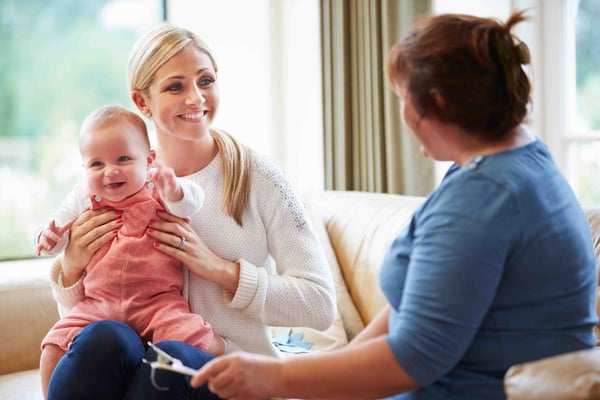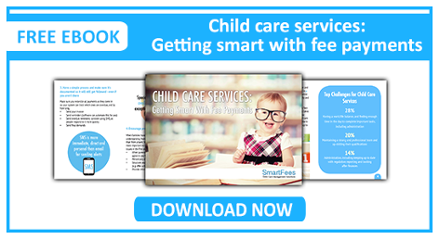As part of their job, early childhood educators need to effectively interact with the children under their care. The right, often playful approach can help toddlers reach their milestones quicker as they are cared for in a safe and happy environment. Childhood educators need to be able to effectively communicate with the children in order for them to advance and learn. While the child is the most important element in this arrangement, there is another crucial party that also needs to be attended to: the parents.

While dealing with all the facets of running a successful child care service, child care directors and owners sometimes struggle with continuously educating their staff on how to effectively communicate with parents.
Of course, nobody wants to deal with an irate parent, it’s time consuming and upsetting, but should the time come, do you know whether you or your staff would be able and prepared to handle the situation? And more generally, is your team trained in effectively communicating with parents overall? It’s surprising how this has remained a common issue for many child care services across Australia. In this week’s blog, we’ll explore a few different online resources that can assist early childhood educators in improving their communication skills to ensure that both they and the children’s parents, continue to enjoy a happy partnership.
This is a resource mainly aimed at parents but from time to time, they release interesting articles for early childhood educators. Tips include:
- How to listen to parents: This may seem like a simple task however it’s easy to get parents on the wrong side if they feel you’re not really paying attention to what they have to say.
- How to speak to parents: Some helpful things to keep in mind before you speak.
- How to raise concerns with parents: It’s all about being prepared. You can find some great ideas to get you ready.
- How to deal with concerns that parents raise: It’s not exactly an enjoyable experience when you’re put on the spot from parents looking for answers then and there. The website offers some useful pointers on how to process concerns.
Click here to access the information.
Aussie Childcare Network This is an educational website for early childhood educators, teachers, parents and students doing their early childhood studies in Australia.
Here, they talk about effective communication and how it’s not just about dealing with parents, you also need to consider those that you work with. Having a strong and supportive team will help you address parents and any issues they may raise with you in the future. On the site, you’ll find a helpful article that covers tips on how to build relationships with families as well as co-workers.
For families the article focuses on:
- Creating a welcoming atmosphere
- Having open communication
- Creating a room notice board
- Arranging a calendar of family events
- Encouraging parent input into the program and lanning
- Holding social events for childcare professionals and parents
For co-workers the article focuses on:
- Listening and acknowledging ideas and feedback
- Offering help when needed
- Encouraging honest and open communication
- Offering support and advice
- Having work parties/outings
Click here to access the information.
KidsMatter is an Australian mental health and wellbeing initiative funded by the Australian Government and beyondblue. It’s also a partnership between education and health sectors. Here you can learn about:
- Effective communication and the importance of verbal and non-verbal communication
- How communication can help to acknowledge, understand and respect diversity
- How effective communication benefits children, families and early childhood staff
- How to build effective communication with some examples of when things are difficult and suggestions on what staff could do to best deal with an uncomfortable situation
Click here to access the information.
Ultimately it’s about the child’s welfare, they need to be comfortable, feel safe and have fun. Remember, the concerns of parents or care givers are coming from a loving place, they just want the best for their kids. You, as an educator, want the best for them too so there’s no reason why both parties can’t be on the same side and work together to achieve the positive outcome you’re all after.
Do you have any suggestions on how to effectively communicate with parents? Place them in the comment section below, we’d love to hear from you!
If you’d like to be kept up-to-date on the latest news and trends within the child care sector, you can subscribe to our blog, SmartReads by clicking the button below.




